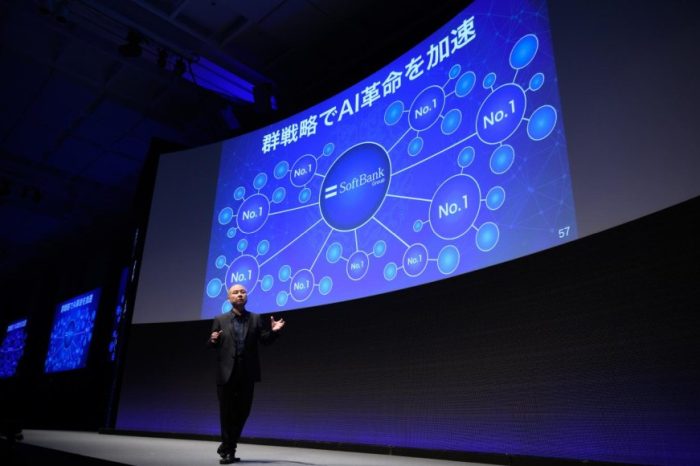Neurotechnology startup NextMind lands $4.6 million to take brain-computer interface to the next level using the power of AI

Nextmind, a Paris based neurotechnology startup company that is developing the next generation of brain computer interfaces, has secured $4.6 million in funding to bring its direct brain command solution to technology integrators and game developers in 2019. This recent funding round features a $1 million innovation award from BPIFrance and investments from private contributors who include notable technology entrepreneurs David Helgason, founder and former CEO of Unity Technologies, and Sune Alstrup Johansen, founder and former CEO of The Eye Tribe.
Founded in 2017, NextMind is a neurotechnology startup developing a groundbreaking, noninvasive, AI-based brain-computer interface for the mass market. Its upcoming hardware and software products, which are anticipated to be introduced in 2019, will allow users to play games and control electronic and mobile devices, including virtual and augmented reality headsets, in real time using just their thoughts. NextMind combines new brain-sensing technology with innovative machine-learning algorithms to translate brain waves into direct digital commands, making it easier for end users to navigate the computer systems they’re using. The discrete noninvasive brain-sensing device they’re developing for the mass market will allow users to play games and control electronic and mobile devices, including virtual and augmented reality headsets, in real time using just their thoughts.
We’re honored to have gained such incredible support and excited that our years of research will result in bringing this new approach for neural interfaces to the mass market,” said Sid Kouider, founder of NextMind. “Our product has the ability to improve the way people interact with their computers, and I’m thrilled to have some of the greatest minds in sensor technology and gaming collaborating with us.”
NextMind’s technological development also benefited from early funding through academic grants supporting the Paris research lab, the Brain and Consciousness Lab at École Normale Supérieure, out of which the company was formed in 2017. Kouider, a professor of neuroscience and director of the lab, is working with a fast-growing team of Ph.D. scientists who together have been leading research and innovative discoveries in cognitive neuroscience over the past two decades.
NextMind is developing a discrete noninvasive brain-sensing device for the mass market that will allow users to play games and control electronic and mobile devices, including virtual and augmented reality headsets, in real time using just their thoughts. NextMind combines new brain-sensing technology with innovative machine-learning algorithms to translate brain waves into direct digital commands, making it easier for end users to navigate the computer systems they’re using. Utilizing its brain-sensing technology, NextMind analyzes neural signals from the brain and translates them into digital commands or feedback instantaneously on a wireless digital interface.
“I’m excited to see NextMind bring its innovations to the gaming world,” said Helgason. “I believe this type of technology is essential to the progression of this industry and future of computers. I’m thrilled to have the opportunity to be a part of this groundbreaking innovation and look forward to its many possibilities, not only in the gaming and virtual reality space, but in technology in general.”
Through the combination of artificial neural networks and neural brain signals, NextMind can decode a user’s intention in real time, creating a robust and more organic translation of human neural activity. With decades of experience in the field of neuroscience research and having published more than 50 discoveries in peer-reviewed journals such as Science, Nature, and the Journal of Neuroscience, NextMind’s team of brain specialists has an advanced understanding of how to capture neurophysiological signals in a noninvasive manner and turn them into meaningful data that can be used to create innovative neural interfaces.
“NextMind provides the most immersive experience I have seen so far,” said Johansen, whose eye-tracking technology was purchased by Oculus VR and Facebook in 2016. “What they’re offering takes nonintrusive brain-sensing technology to the next level. The team is on track to almost eliminate calibration, discomfort and other well-known challenges among brain-computer interfaces. They hold the potential to pave the way for countless innovations and I’m excited to be a part of it.”




